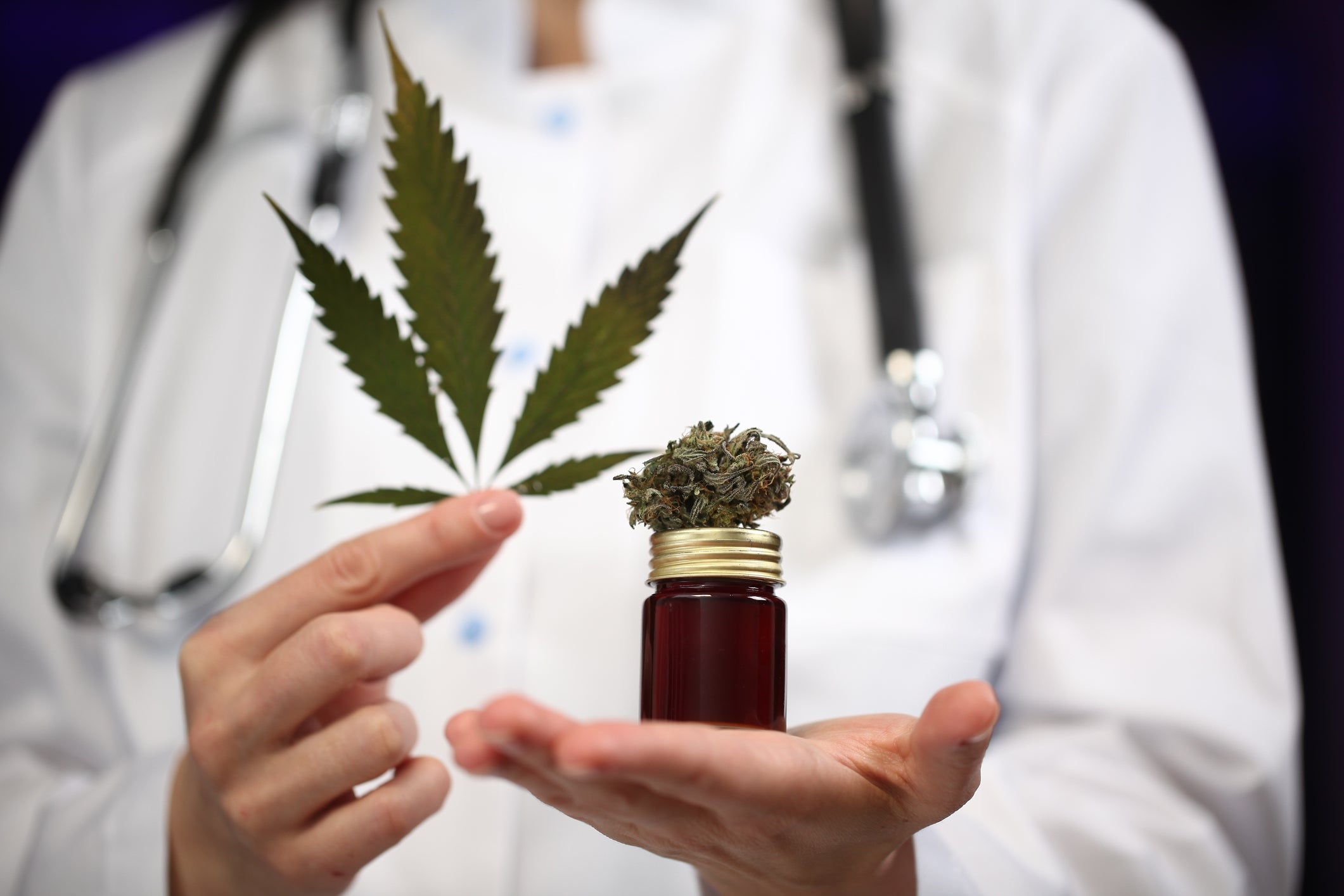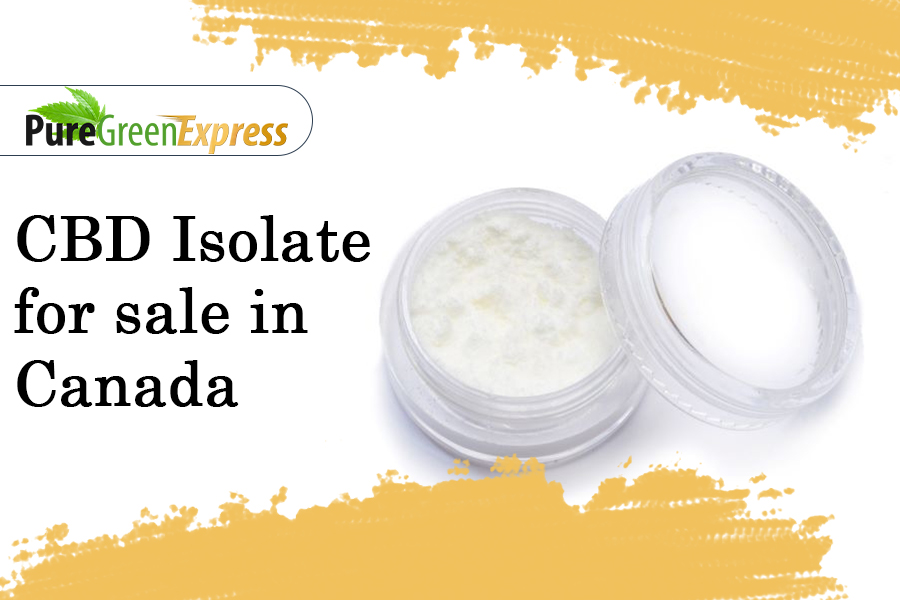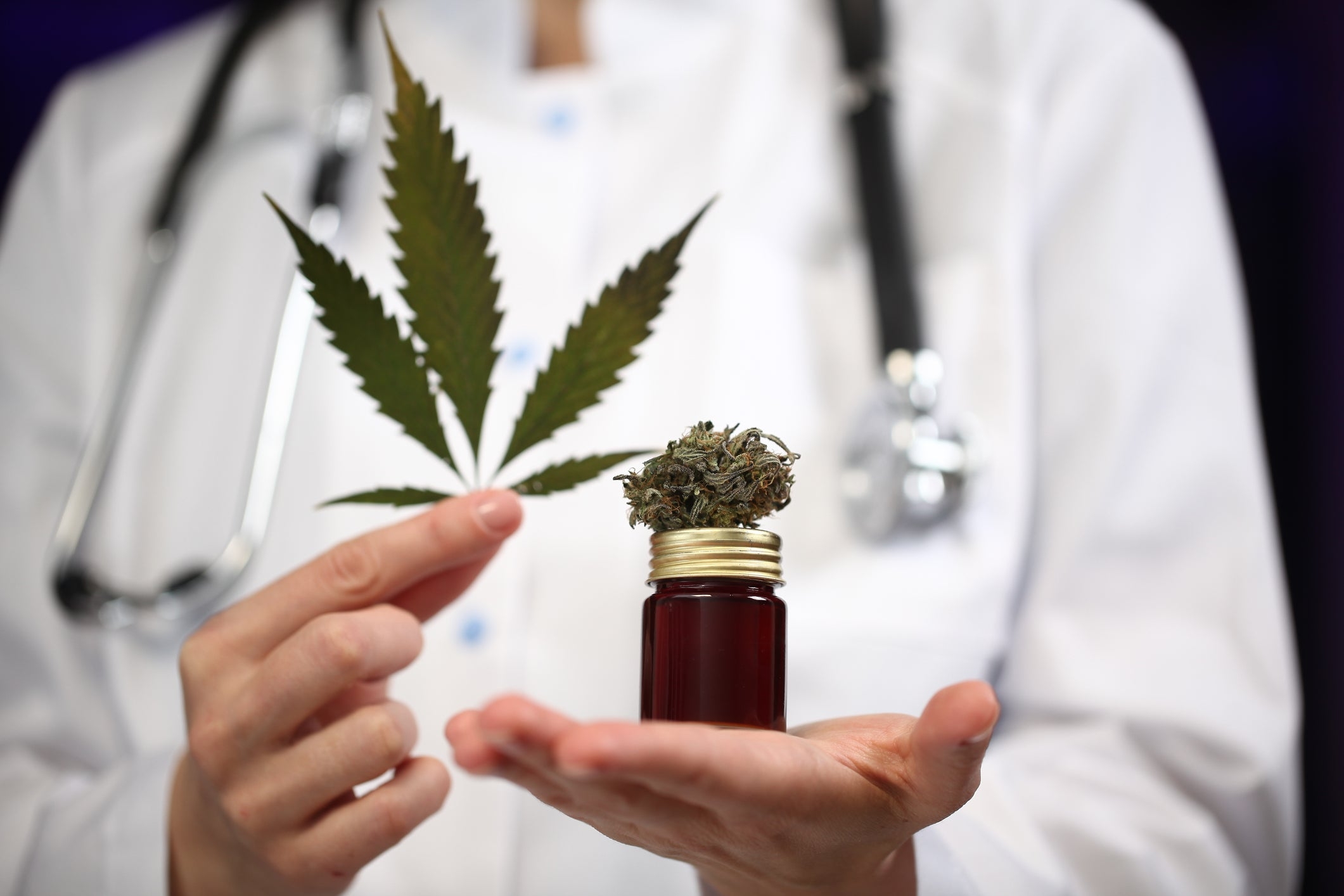
Have you ever noticed how some prescription medications make you feel worse or give you a whole new set of symptoms that weren’t there before you started taking them?
If so, you’re not alone. While pharmaceutical drugs are completely necessary for some people, especially those with mobility disorders, they can be more trouble than they are worth for others.
Luckily, research shows that marijuana can help improve mobility AND reduce the need for pharmaceutical drugs. In this article, we’ll explain how to use cannabis as natural medicine.
Cannabis Reduces Pain, Inflammation, Depression, and Fatigue
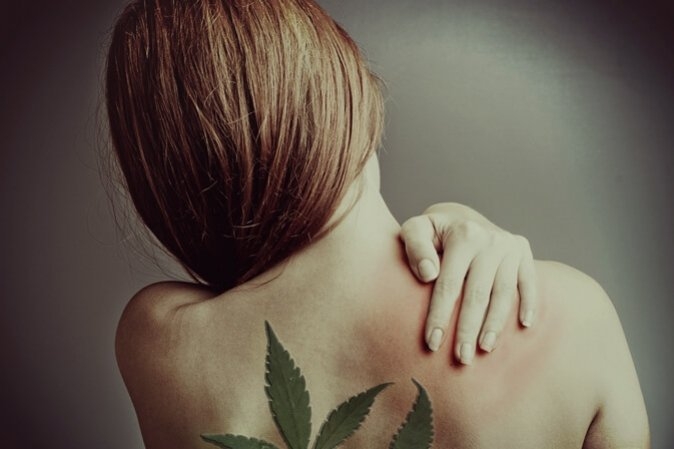 If you’ve ever Googled your symptoms to see if you have a disease (we’ve all done it!), then you might find that many symptoms of pain, inflammation, depression, and fatigue are synonymous with multiple sclerosis (MS) – or other autoimmune conditions that affects the nerves in the brain.
If you’ve ever Googled your symptoms to see if you have a disease (we’ve all done it!), then you might find that many symptoms of pain, inflammation, depression, and fatigue are synonymous with multiple sclerosis (MS) – or other autoimmune conditions that affects the nerves in the brain.
However, you don’t have to have MS to suffer from the above-mentioned conditions. Whether you feel sad occasionally or you wake up with sore, achy joints, you’ll be happy to know that cannabis can help with all of these symptoms – and it works by targeting chronic inflammation.
According to one study, cannabis may help improve mobility by decreasing pain and inflammation, making it easier to move and sustain improved energy levels all day. This can help you whether you’re looking for more energy to exercise daily or even just make it through the day feeling more productive.
Additionally, the study found that decreasing inflammation and overstimulation of the vagus nerve – a nerve that runs along your spine from your brain to your gut, allowing these two areas of your body to “communicate” with each other – can also help decrease fatigue, spasticity, pain, and depression.
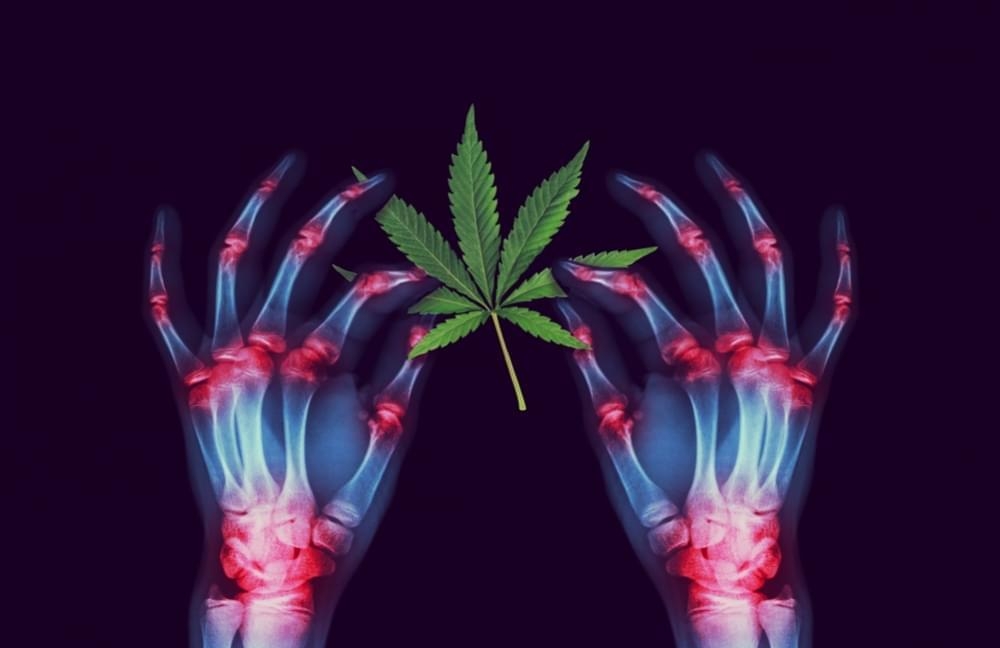 In fact, cannabis is so good at reducing these symptoms that some doctors prescribe it instead of pharmaceutical drugs, such as antidepressants, benzodiazepines, and opioids, which are linked to negative side effects such as physical dependence, sedation, dizziness, nausea, vomiting, tolerance, constipation, and respiratory depression.
In fact, cannabis is so good at reducing these symptoms that some doctors prescribe it instead of pharmaceutical drugs, such as antidepressants, benzodiazepines, and opioids, which are linked to negative side effects such as physical dependence, sedation, dizziness, nausea, vomiting, tolerance, constipation, and respiratory depression.
Research shows that traditional benzodiazepines are also linked to a “hangover effect” characterized by drowsiness while antidepressants are linked to anxiety, which can delay or even prevent successful rehabilitation of the symptoms that these very drugs are supposed to protect people from.
A recent study found that among people who use opioids, approximately 77% were able to reduce their use since they started taking cannabis. The same study found that 72% of people taking anti-anxiety medications, 67% of people taking migraine medicine, and 65% of people taking sleep drugs were able to reduce their use after consuming marijuana.
Researchers also found that cannabis is safe to use and does not negatively impair psychomotor or psychological functions, even in relatively high doses of up to 1,500 mg per day. Plus, human studies show that cannabis is well tolerated by most people, reducing many of the symptoms caused by pharmaceutical drugs.
Study authors also noted that CBD tends to counteract the stimulating effects of THC, which is important for people because – as the researchers noted – some people don’t like to feel high, especially if they are already experiencing negative symptoms from their prescription drugs.

Should You Use Cannabis instead of Pharmaceuticals?
So, should you use cannabis in place of pharmaceutical drugs to reduce symptoms like anxiety, depression, fatigue, insomnia, pain, and more? This is a personal decision that you need to make with your doctor.
 As noted above, research suggests that taking cannabis can help reduce the need for drugs that cause you to feel sick. However, there are certain situations in which taking cannabis might not be in your best interest.
As noted above, research suggests that taking cannabis can help reduce the need for drugs that cause you to feel sick. However, there are certain situations in which taking cannabis might not be in your best interest.
If you are taking prescription medication, talk to your doctor before introducing cannabis into your treatment regimen as plant cannabinoids can potentially, though rarely, interact with pharmaceutical drugs. For example, some plant compounds – when taken in supplement form – may change the way your liver processes these drugs, either increasing or decreasing the medicine’s potential actions in the body.
Research shows that liver enzymes – such as cytochrome P450 – may be impacted. This is important because this group of liver enzymes is responsible for metabolizing more than 60% of pharmaceutical drugs. When taken in high doses, CBD can temporarily deactivate these enzymes, which alters the way your body reacts to these medications.
However, in general, there have been no serious drug interactions among CBD or THC and other drugs. Additionally, in regards to addiction, cannabis has been shown to be very safe with less than 8% of users becoming addicted to weed. Researchers noted that you’re more likely to become addicted to pharmaceutical drugs -especially pain management drugs – than you are to weed.
Final Thoughts
Ask yourself what you could do with more energy, less joint pain, and better cognition daily? If you’ve been on pain-reducing drugs, sleep aids, or anti-depressants and anti-anxiety medications and you’re tired of feeling tired, ask your doctor about potentially switching to a more natural treatment.
Researchers have found that marijuana can increase mobility and reduce the need for drugs, allowing you to regain control of symptoms from your medication that may leave you feeling worse than the underlying condition itself.
Be sure to clear the use of medical marijuana with your doctor before use, especially if you’re already taking prescription drugs as the two may interact with each other. When you’re ready to start using medical marijuana, check out these popular cannabis products here.
